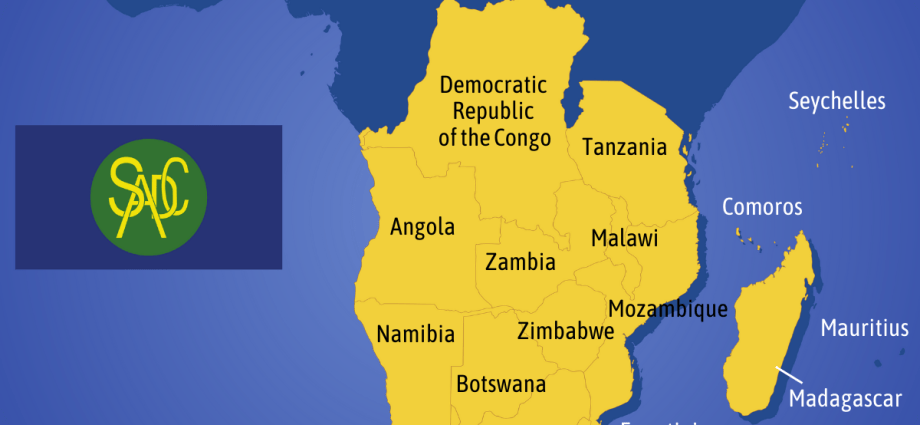US Tariff Pause Offers Little Relief for Southern African Economies
Washington’s 90-day suspension of increased tariffs provides minimal comfort to southern African nations grappling with the potential collapse of a preferential trade agreement and a looming 25% surge in automotive import duties, according to economic analysts.
AGOA’s Critical Role in Regional Trade
The African Growth and Opportunity Act (AGOA), which granted duty-free access to the US market for select African goods, has been instrumental in developing key industries. The agreement enabled seven major South African automakers to export vehicles tax-free to American markets.
Related: Lesotho hardest hit as new US tariffs rattle Africa
Other beneficiaries include the regional citrus sector and textile manufacturers, particularly Lesotho’s denim production facilities. These industries now face significant challenges under President Donald Trump’s 10% import tariffs, despite the temporary reprieve from steeper increases announced for several nations.
Widespread Economic Impact
Alex Vines, Director of the Africa Programme at Chatham House, warned: “Mauritius, Madagascar, Lesotho, and South Africa will be particularly affected. Textile exports will suffer dramatically, while South Africa faces serious challenges from the 25% auto export tariff.”
While AGOA remains technically active pending its September review, Vines noted “no clarity currently” regarding its future status. This uncertainty has created conflicting interpretations among regional trade officials.
Automotive Sector Under Threat
The United States represents the third-largest export market for South African vehicles, purchasing approximately 25,000 units annually worth R35 billion, according to Naamsa (the Automotive Business Council). The industry supports 86,000 direct jobs, expanding to 125,000 when including subcontractors.
“Given global market conditions, South Africa would struggle to find alternative export destinations,” Vines explained. “This could prove devastating for a nation already battling 32% unemployment.”
Mercedes-Benz South Africa confirmed it is evaluating the tariff implications, stating: “We support free and fair trade that fosters prosperity and innovation. Constructive dialogue between affected nations and the US is now essential.”
Lesotho’s Textile Industry at Risk
Richard Morrow of the Brenthurst Foundation highlighted Lesotho’s particular vulnerability: “The kingdom’s textile sector, long considered an AGOA success story, contributes 10% of gross national income. For economies built around single industries with semi-skilled workforces, the consequences could be catastrophic.”
See also: Donald Trump hits ‘country nobody’s heard of’ Lesotho with 50% tariffs
Lesotho’s export success led to Trump’s proposed (but currently suspended) 50% “reciprocal tariffs” – the highest rate imposed on any nation. King Letsie III warned last month that AGOA termination could eliminate 40,000 jobs.
Regional Citrus Producers Affected
Botswana, Namibia, South Africa, and Zimbabwe – all AGOA beneficiaries in citrus production – were designated among Trump’s “worst offenders” for trade imbalances. Citrus Growers’ Association CEO Boitshoko Ntshabele cautioned that 35,000 South African jobs could be jeopardized if reciprocal tariffs take effect.
Share Your Perspective
What do you anticipate following the 90-day tariff suspension? Share your views in the comments or via WhatsApp at 060 011 021 1.
For ongoing updates, subscribe to our newsletters and follow us on WhatsApp, Facebook, X, and Bluesky.
By Garrin Lambley © Agence France-Presse


